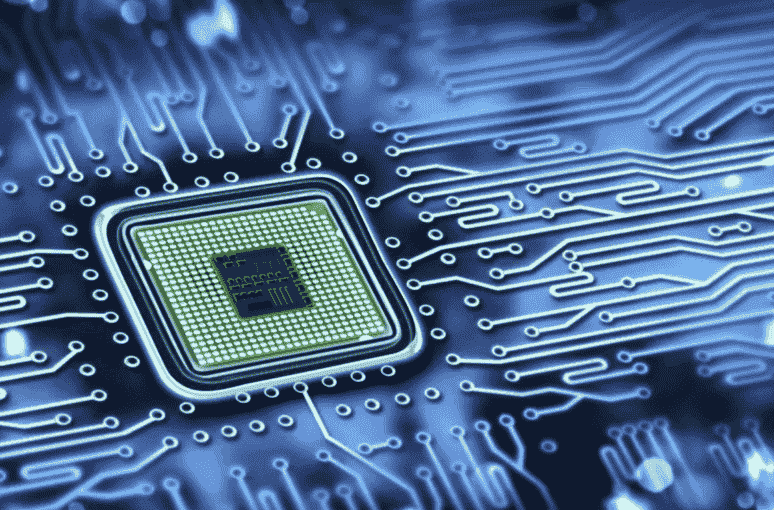
As technology keeps on advancing, the world faces a horrifying chip war within the strongest nations.
The world runs on computer chips. From your phone and fridge to automakers’ production machinery and military missile systems.
Almost every aspect of today’s digitally managed civilization is dependent on the complicated, little devices known as semiconductors.
Chip War: Building The Silicon Heartland
In addition, the fabrication of semiconductors, especially the most modern chips, is exceedingly challenging. They require enormous, sensitive equipment, difficult-to-obtain materials, and an astounding degree of technical expertise.
Currently, the production of these chips is comprised of a complicated global network of companies and facilities with a few significant choke points. For example, Taiwan’s TSMC controls 90 percent of the production of high-end semiconductors.
The importance of semiconductors and the complexity of their products have made these chips the focal point of a new competition between the United States and China for the future of technology. In the same way that the development of nuclear weapons defined the first Cold War, the computer chip defines the current Tech Cold War.
The Tech Cold War between the United States and China and the recent spike in pandemic-induced chip shortages have prompted a concerted drive by the federal government to bring semiconductor manufacturing back to the United States.
However, the reality of relocating chip manufacturing to the United States has been considerably less enticing than the patriotic goals of outperforming a geopolitical competitor.
America’s status as a leader in the semiconductor industry has been deteriorating for decades. According to the Semiconductor Industry Association, a lobbying group, the percentage of chips produced in the United States would decline from 37% in 1990 to 12% in 2020. Governments have pulled out all the stops to entice chipmakers to establish new factories in the United States in an effort to reverse this loss.
In August, Congress passed the CHIPS Act, which offers $280 billion in new funds to expedite domestic semiconductor research and production.
This financial pool, together with a wave of incentives from state and local governments, has already aided in bringing projects to the United States. Intel, the largest manufacturer of semiconductors in the United States, is investing $20 billion to construct the world’s largest chip factory in a suburb of Columbus, Ohio, which the company estimates will employ at least 3,000 people by 2025.
The wealthy area is home to Amazon, Google, and Facebook data centers, and the average household income exceeds $200,000. Initial reports indicate that the plant’s average wage will be $135,000 and that 70% of the employment will be for manufacturing technologists, a profession that requires a STEM degree of at least two years.
Read more: United Airlines stock increases as earnings and the travel outlook for 2023 impress
What Does The Government Get In Return?

As technology keeps on advancing, the world faces a horrifying chip war within the strongest nations.
As with any financial decision, there are trade-offs associated with the effort to entice Intel. State and local governments are more limited in their capacity to fund programs and incur debt than the federal government.
Intel anticipates the addition of 10,000 employees in addition to the factory positions, which will increase the tax base and encourage growth.
However, according to a study conducted by Ohio State University researchers in 2020 on the benefits of development policies such as tax abatements, rather than broadening the tax base for everyone, these types of programs undermine traditional public institutions, such as schools, that rely heavily on property taxes for funding.
Read more: Microsoft will cut thousands of employees in its most recent round of layoffs

